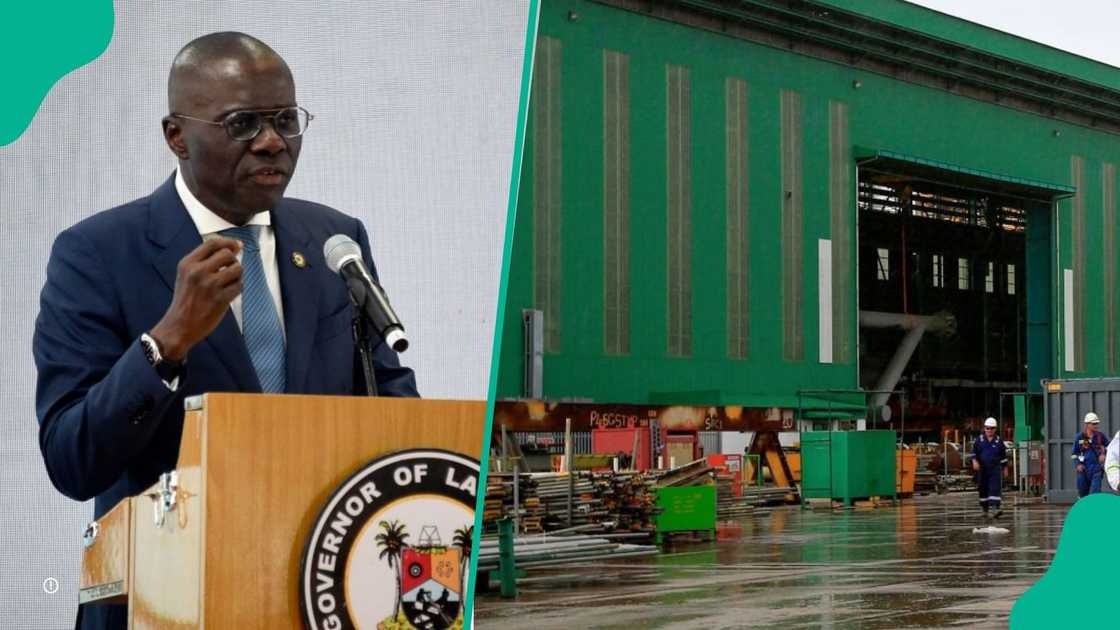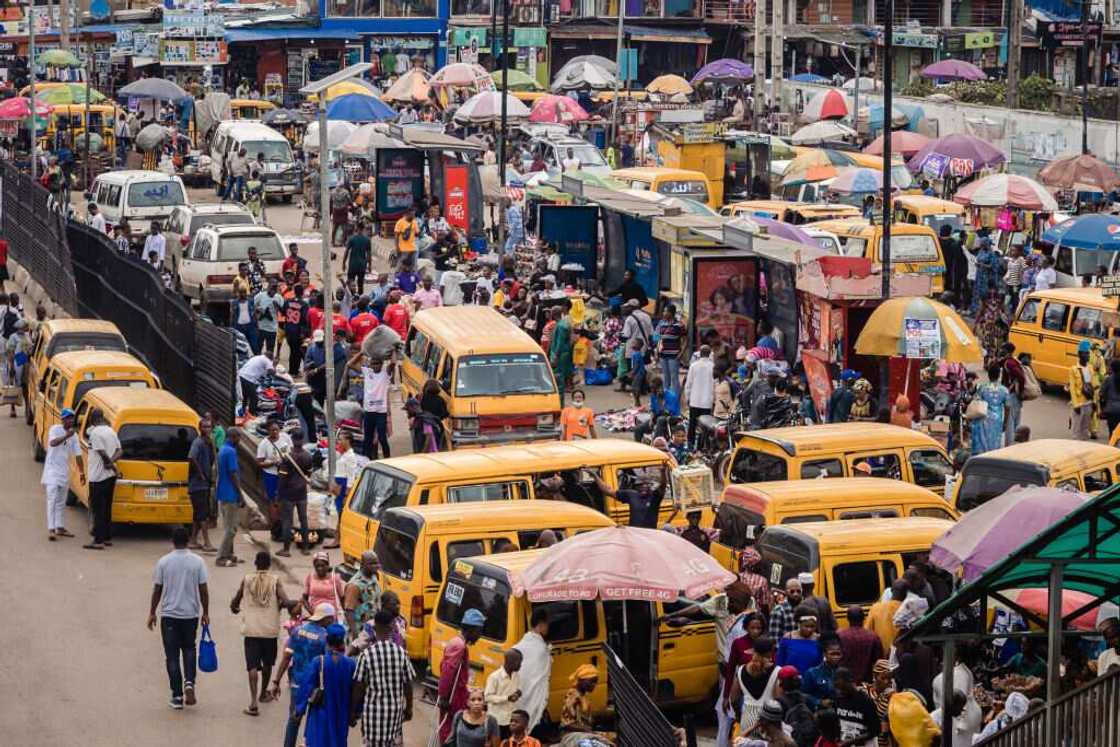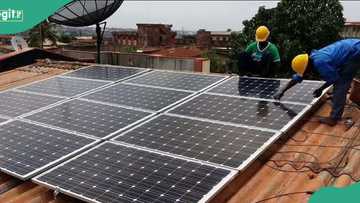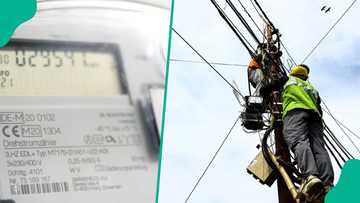“Closer to Our Customers,” International Manufacturer Sets Up Plant In Lagos Free Zone
- Nigeria continues to open up its doors to foreign investments, and in a latest development, a global manufacturer has set up shop in Lagos state
- The manufacturing plant has been commissioned at the Lagos free zone, and is projected to open up massive job opportunities
- Lagos Free Zone is the first privately owned free trade zone in Nigeria, with direct access to a deep-seaport
Legit.ng journalist Ruth Okwumbu-Imafidon has over a decade of experience in business reporting across digital and mainstream media.
Guala Closures, a global leader in the production of closures for spirits, wine, edible oil, water, and a wide range of other beverages, has set up a manufacturing plant in Lagos state.
The greenfield manufacturing facility, strategically sited in the Lagos Free Zone, was inaugurated on Thursday, April 17.
The plant, which spreads across 5,000 sqm, was completed within six months and reached operational start-up in 2024.

Source: Getty Images
Though sited in Nigeria, the plant will serve markets across West Africa, supplying safe and anti-counterfeiting closures for beverages and spirits, among others.
New jobs underway as manufacturer starts operations in Lagos
At full capacity, it is projected to open up significant job opportunities for people in the local community.
The statement from the company on Thursday noted that its plant contained innovative features to produce anti-counterfeiting closures that would protect consumers in West African markets.
The PUNCH reports that the inauguration ceremony was well attended by dignitaries, including the Consul General of Italy in Lagos, Ugo Boni; CEO of Lagos Free Zone, Adesuwa Ladoja; CEO of Guala Closures, Andrea Lodetti; and many other executives.
The investment in Nigeria represents a strategic move for the company after setting up successful operations in Kenya and South Africa, where it recently acquired the facility owned by Astir Vitogiannis in Johannesburg.
The size and demographics of the Nigerian population, with 200 million people, mostly youths, make it a good choice to site such a facility.
Company's presence to tackle counterfeiting
The beverage and spirits market is also growing and expanding with an increasing demand for premium products that Guala Closures aims to meet by serving local businesses and global brands with anti-counterfeit closure solutions.
It is also a continuation of the company’s strategy of moving closer to its customers, as has been applied in its network of 7 R&D centres and 37 production plants worldwide.
Andrea Lodetti, CEO of Guala Closures, said;
“Indeed, our global presence and in-depth knowledge of local markets allow us to stay close to our global customers, addressing their specific needs in every region of the world with customized solutions and outstanding service.
“By leveraging cutting-edge technologies and maintaining a strong focus on product quality and safety, we aim to enhance brand identity while offering robust protection against counterfeiting – an increasingly critical issue in the industry.”
Recall that the Nigerian government recently invested N15 billion to set up a facility to tackle fake products in the country.

Source: Getty Images
Managing director and CEO of Lagos Free Zone, Adesuwa Ladoja, commended the company for its decision to expand into Nigeria by leasing the Standard Industrial Facility at the Lagos Free Zone.
Ladoja also promised to support the company's next phase of growth in Nigeria and West Africa.
Lagos Free Zone to drive Nigeria's economic growth
Ladoja had earlier stated that the Lagos Free Zone is on track to be a key driver of Nigeria’s economic growth.
With over $2.75 billion in investments over the past decade and 4,000 direct jobs created—25% of which are filled by indigenes of host communities in Ibeju Lekki, Lagos, it is already making a positive impact.
In 2024 alone, the Lagos Free Zone and Port complex remitted over N237 billion in Customs duties, which was about 4% of total Federal duty collections.
By 2035, its goal is to have over 150 industries fully operational within the zone, which are projected to generate over 40000 jobs, contributing 2-3% to Nigeria’s GDP.
With the Lekki deep seaport located within the Free Zone, businesses can also use LFZ as a regional hub for their West-Africa operations.
She added that the Lagos Free Zone is playing a crucial role in diversifying Nigeria’s economy and deepening its positioning not just as a commercial hub, but also as a manufacturing centre for West Africa.
AfDB asks Nigeria, others to increase manufacturing
In related Legit.ng news, the president of the African Development Bank, Akinwumi Adesina, urged presidents of Nigeria and other African countries to take manufacturing seriously.
He lamented that despite being the source of many raw materials and natural resources, many African countries remained poor because they adopted a pit-to-port approach.
Adesina challenged the presidents to start manufacturing and carrying out other activities to add value to resources before exporting them.
This article has been updated by head of business desk, Victor Enengedi, with additional information.
Source: Legit.ng






